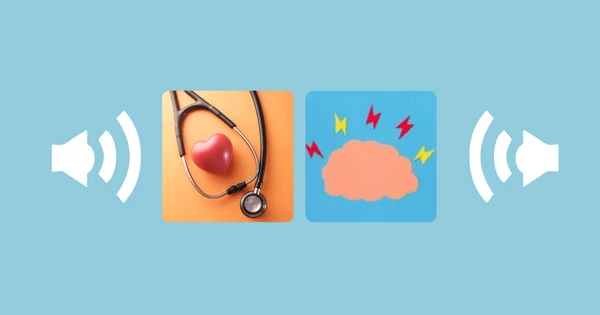The physical and psychological health consequences of regular exposure to consistently elevated sound levels are referred to as noise health effects. The World Health Organisation considers traffic noise, in particular, to be one of the worst environmental stressors for humans, second only to air pollution. Hearing impairment, tinnitus, hypertension, ischemic heart disease, annoyance, and sleep disturbance can all be caused by excessive workplace or environmental noise. Noise exposure has also been linked to immune system changes and birth defects.
Excessive noise can have various negative effects on human health, both physically and mentally. Here are some common health effects associated with prolonged exposure to noise:
- Hearing Loss: Loud noise can cause permanent hearing damage or loss if exposed for an extended period of time. Depending on the intensity and duration of the noise, this can happen gradually or abruptly.
- Stress and Sleep Disturbance: Noise pollution can cause stress and interfere with sleeping patterns. Constant exposure to loud or disturbing noises can cause the release of stress hormones, which can lead to increased anxiety, irritability, and difficulty falling or staying asleep.
- Cardiovascular Issues: Chronic noise exposure has been linked to cardiovascular issues such as hypertension (high blood pressure), increased heart rate, and an increased risk of heart disease. Noise-induced stress can contribute to the development of these conditions.
- Cognitive Impairment: Excessive noise has been shown in studies to impair cognitive function, including memory, attention, and problem-solving abilities. It can impair learning and concentration, especially in children, resulting in poor academic performance.
- Mental Health Issues: Noise pollution has been linked to an increased risk of mental health issues such as depression, anxiety disorders, and mood swings. Living in a noisy environment can cause chronic stress and have a negative impact on one’s overall psychological well-being.
Although age-related health effects (presbycusis) occur naturally with age, the cumulative impact of noise in many countries is sufficient to impair the hearing of a large proportion of the population over a lifetime. Noise exposure has been linked to noise-induced hearing loss, tinnitus, hypertension, vasoconstriction, and other cardiovascular problems. Chronic noise exposure has been linked to sleep disturbances and an increased risk of diabetes.
Chronic noise exposure causes adverse cardiovascular effects due to the sympathetic nervous system’s inability to habituate. When the body is exposed to noise, the sympathetic nervous system maintains lighter stages of sleep, preventing blood pressure from following the normal rise and fall cycle of an undisturbed circadian rhythm.
















